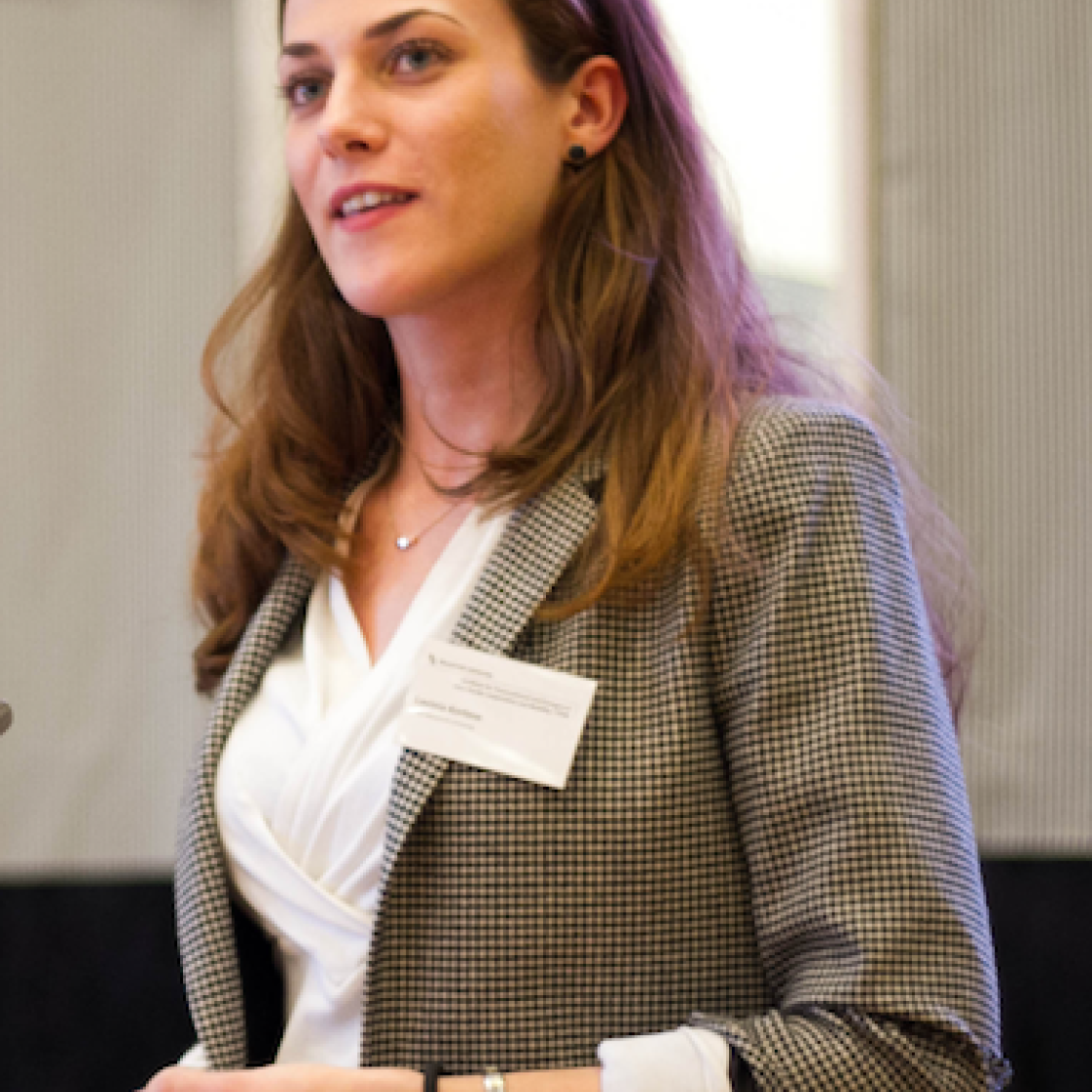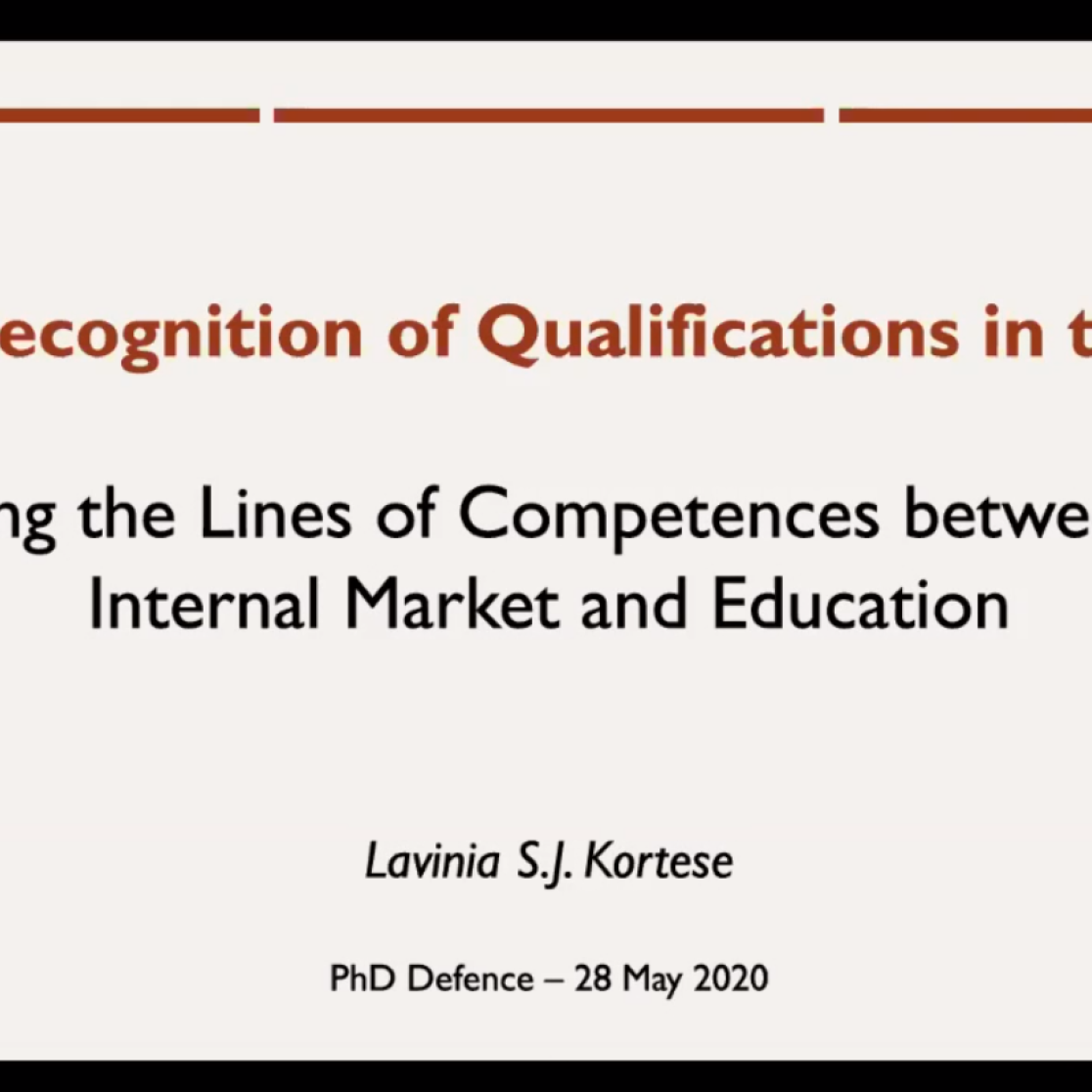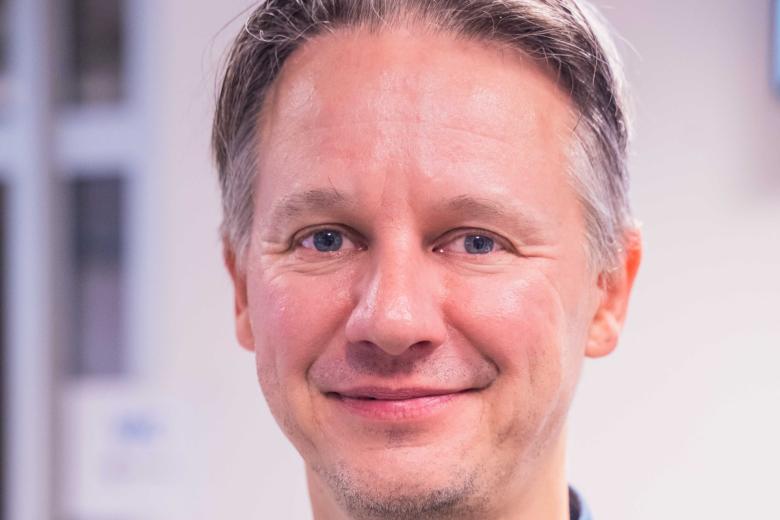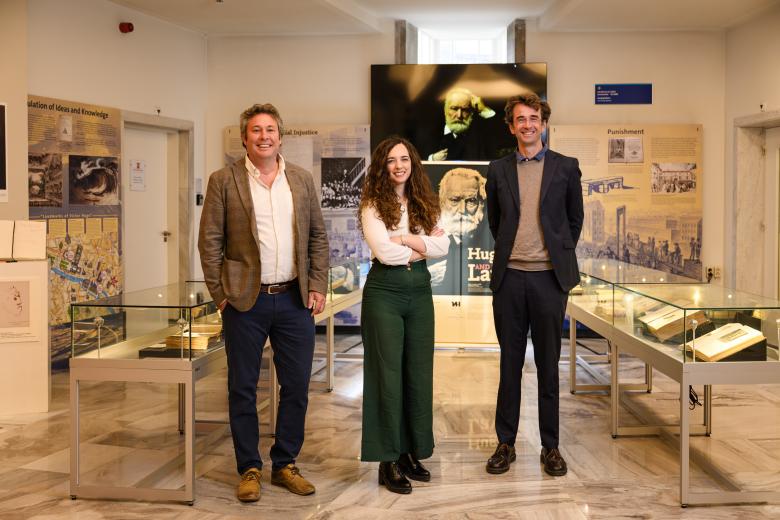Unclear whether your diploma is recognised in another EU country
In an ideal European Union, everyone should be able to work and study in a Member State of their choice. This is difficult in practice, according to research by legal researcher Lavinia Kortese, a researcher at the Institute for Transnational and Euregional cross border cooperation and Mobility (ITEM). This applies not only to expatriates and students who emigrate to another Member State, but also, and perhaps especially, to residents of border regions. If they want to work just across the border, they encounter all kinds of bumps. Lavinia dived into the maze of rules and has written recommendations that benefit mobility in the EU.
Suppose I wanted to work in another EU country, what obstacles could I encounter?
‘Often there are some general rules, but in specific cases bottlenecks appear. It has sometimes surprised me what little things can go wrong. For example, I researched a case study of Dutch childcare workers who wanted to work in Germany. They had suitable papers, but had to do an extra internship in order to be able to work in Germany. That internship had little to do with the work they eventually wanted to do, so it was actually unnecessary. In the meantime, a change of policy has removed the need for an extra internship. This is important in view of the demand for personnel. If there are shortages in a sector such as childcare, you obviously want to be able to deploy people as quickly as possible'.
Why are there so many differences between diplomas in different countries?
‘Member States are free to decide what their education systems and professions look like, so in principle there is no single European diploma that is the same everywhere. This is because each country has its own culture in terms of education and work. You have to look for ways to make apples and oranges, so different education systems and professions, comparable.’
What solutions have you found?
‘So many different agreements have been made about diploma recognition by different parties that it’s hard to distinguish them from another. There was no clear overview yet. This makes it difficult to find out which authority you can turn to in order to find out whether you can work in another country with a particular diploma. So it was necessary to make an overview, and that's what I did with this research'.
‘My research shows that measures need to be taken to work towards a European system of recognition. At the same time, tailor-made solutions need to be devised. After all, every education and every profession is structured differently per country. In my research, I investigated four case studies in order to be able to make specific recommendations: paediatric surgeons, day care employees, paediatric nurses and psychologists. In the case of paediatric surgeons, the training varies greatly from country to country, while in the case of childcare, there are only small procedural differences. So better arrangements have to be made for each profession separately as well'.

What do you hope to contribute with your research?
‘I hope to make clear to policy-makers, lawyers and frontline staff who advise citizens how the various European agreements work and what can be done better. We regularly receive questions about cross-border mobility at ITEM. How can we improve European mobility and make the situation better for people who have to deal with borders on a daily basis? The principle of mobility - moving across borders - should be the basis for European agreements, and as far as the recognition of qualifications is concerned, there is much room for improvement.
Lavinia Kortese obtained her PhD at Maastricht University on 28 May 2020 with her thesis The Recognition of Qualifications in the EU: Blurring the Lines of Competences between the Internal Market and Education.
By Eliza Marx

Also read
-
New Report Examines Global Migration Governance Challenges
A new report, co-authored by Maastricht University researchers Felix Peerboom and Lilian Tsourdi, highlights the current crossroads in global migration governance. The study assesses the effectiveness, robustness, and democratic credentials of the UN Global Compact on Migration (GCM) and the UN...

-
Inaugural lecture Jan Willem van Prooijen
What drives people to embrace radical conspiracy theories, sometimes with far-reaching consequences for society? During his inaugural lecture on Friday 27 June, Prof. Dr. Jan Willem van Prooijen (radicalisation, extremism, and conspiracy thinking) will address this urgent question.

-
Where Law Meets Pop Culture: A Creative Space for Exploration
From hip-hop to Victor Hugo, and historical fiction to classic cinema: What do these things have in common with the study of law, you might think? At Maastricht University’s Faculty of Law, a growing group of researchers and students is exploring exactly that and even more.
